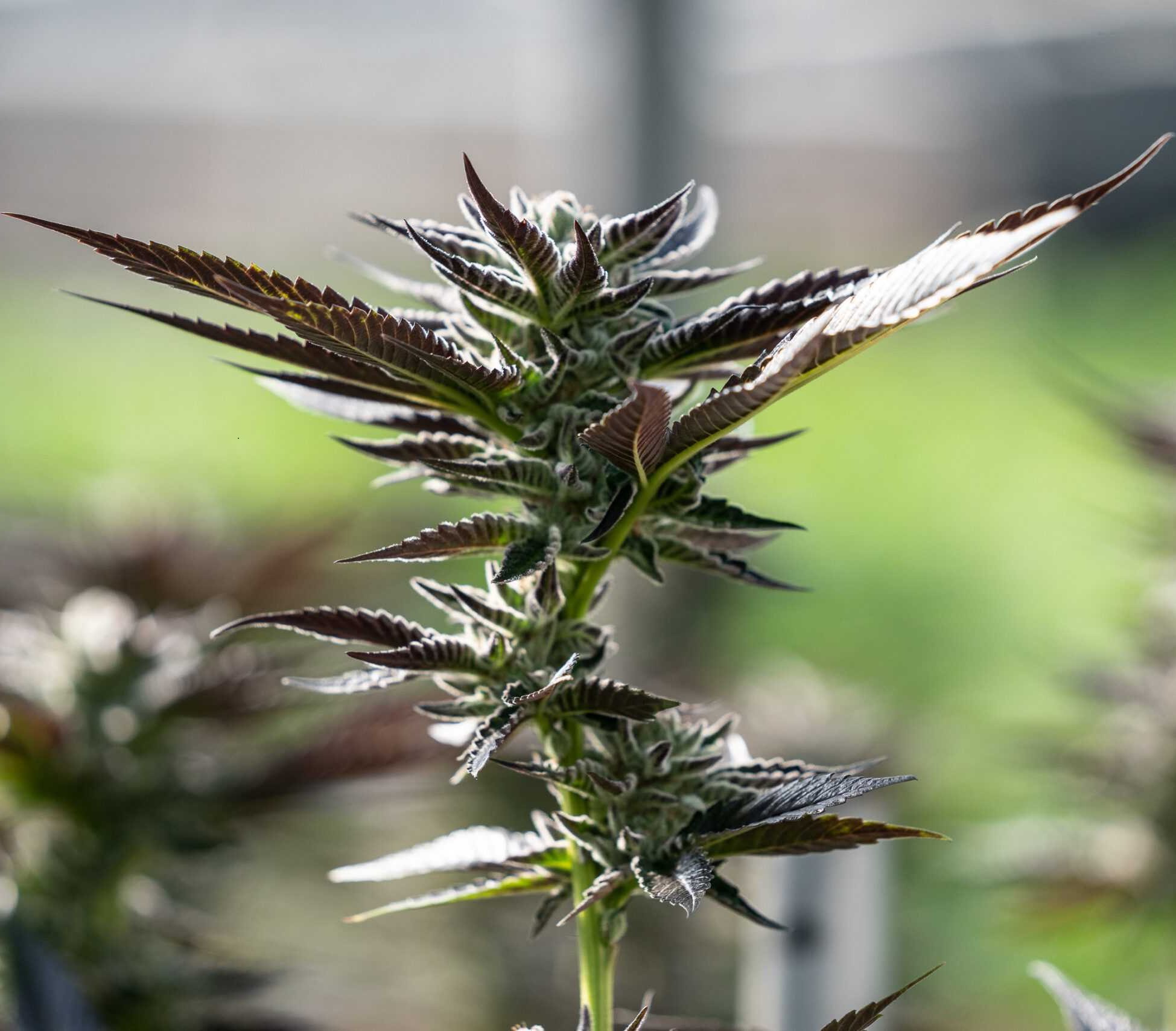Recent events remind us why improving IAQ is a necessity not a luxury.
While thinking and talking about indoor air quality (IAQ) has become more popular since the Covid-19 pandemic, many companies still view it as a luxury. However, recent events impacting the commercial cannabis industry remind us of the necessity of addressing IAQ for both people and plants.
The generation of particulate matter (PM) is generally understood to occur during the processing and packaging of commercial cannabis. To combat this, some companies rely primarily on personal protective equipment (PPE) such as masks and respirators. However, this level of protection is only as good as the quality of the equipment and the enforcement of GMP and health/safety protocols. And what about situations where workers can’t or won’t wear masks or respirators due to underlying health conditions such as asthma? Putting aside the question of whether workers who have respiratory health issues should be working in such an environment, the importance of good IAQ in these facilities cannot be understated. Recent news stories regarding an alleged dust-related fatality at a commercial cannabis facility provide a stark reminder of why these conversations are so important. One possible solution to improving IAQ in commercial cannabis facilities is to install properly engineered air purification equipment sufficient to address dust and PM. This should not be used in place of PPE but rather as part of a comprehensive strategy to help protect commercial cannabis companies’ most important asset, their people.
The importance of good indoor air quality for commercial cannabis operations goes beyond worker health and safety and impacts the very viability of the product itself. States like Colorado, long looked to as the standard bearer for the commercial cannabis market in the U.S., are facing an extreme biosecurity challenge thanks to threats to plant health like yeast and mold. Recent news reports of product recalls due to suspected mold problems has led consumers to be more cautious with their purchases and companies scrambling to battle serious threats on both the cultivation floor and court of public opinion.
While Nevada commercial cannabis operators have long battled issues with Aspergillus, Colorado recently added that particular mold to its required microbial testing for commercial cannabis due to a significant uptick in Aspergillosis infections. In order to try to address mold issues, many commercial cannabis companies are turning to expensive mold remediation equipment like x-ray emitter machines. As these systems treat cannabis flowers after they have already been infected with mold or other microbial threats, they are often considered an expensive band aid given their high capital and operating costs. Addressing mold and other biosecurity threats before they become a problem is a much more cost effective and efficient means of addressing this issue especially if it can be accomplished via air purification which typically caries a much smaller price tag.
When implemented as part of an overall plant health strategy including proper environmental controls and monitoring, air purification in grow rooms can be a preventative measure to help stop the spread of mold and other biological threats before they potentially impact customer health and company profits. Byers Scientific has partnered with Dutch air purification leader, VFA Solutions, to bring patented, proven air purification technology to the North American commercial cannabis market. VFA’s ASPRA® air filtration systems have been tested and demonstrated to address both PM and microbial threats like Aspergillus with reasonable installation and operation costs.
Byers is excited to introduce the commercial cannabis market to ASPRA® with all of its worker and plant health benefits and is proud to be a sponsor of the Science Symposium at this month’s MJBizCon event where microbial testing and other biosecurity and IAQ matters are set to take center stage.


